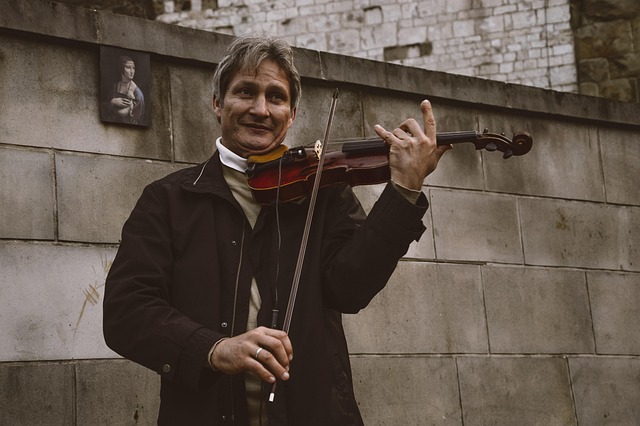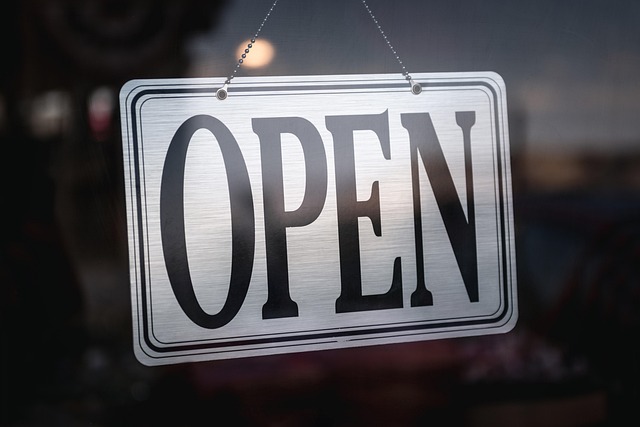When a headline act drops a new album or a beloved touring band announces a world‑wide headline, fans are suddenly faced with a flurry of options: venues, dates, seating, and the elusive promise of a memorable night. The most common and most critical choice, however, remains the same: which concert ticket will deliver the greatest value? Understanding the dynamics of the concert ticket market, the factors that influence price and experience, and the strategies to secure a seat that aligns with your priorities can transform a casual fan into an informed attendee.
Why the Concert Ticket Market Is Unique
Unlike movie tickets or public transportation fares, concert tickets are commodities shaped by scarcity, popularity, and timing. Every major release of a concert ticket generates a wave of demand that far exceeds the supply of seats. Because fans often cannot afford to miss the chance to see a live performance, they are willing to pay a premium. This creates a market that operates on both a primary and secondary level, each with its own set of rules and risks.
- Primary sales—tickets sold directly by the artist, promoter, or venue—are often capped to control price inflation and ensure a level of fairness.
- Secondary sales—resale platforms and street vendors—allow fans to purchase tickets after the initial release, but at prices that can fluctuate dramatically.
Key Factors That Determine Ticket Value
When evaluating a concert ticket, consider the following dimensions:
- Seat location—A front‑row seat on the main stage offers an immersive experience but commands a premium. Balconies or upper tiers reduce cost but can compromise sightlines and acoustics.
- Venue capacity and design—Smaller, intimate venues often provide higher audio quality and a stronger connection with performers, whereas large arenas can offer elaborate production values.
- Artist popularity and tour history—Legends and chart‑topping acts see higher ticket valuations due to their established fan base and demand spikes.
- Timing of purchase—Early bird tickets typically carry a discount, but last‑minute sales may offer lower prices when the initial demand has saturated.
- Bundled perks—Merch bundles, meet‑and‑greet opportunities, or exclusive access can add intangible value to a standard ticket.
- Venue policies and safety measures—Post‑pandemic health protocols, capacity limits, and security protocols can influence seating availability and pricing.
Primary Ticket Sales: How to Maximize Your Purchase
Primary ticket sales are the first point of contact between fans and concert organizers. These tickets are released in a structured manner, often with a tiered pricing strategy.
- Pre‑sale codes—Fans who register for mailing lists, fan clubs, or credit card promotions can access pre‑sale windows that offer lower prices.
- Dynamic pricing—Some venues employ real‑time algorithms that adjust ticket prices based on sales velocity, thereby encouraging early purchases and preventing last‑minute price surges.
- VIP packages—These often include premium seating, backstage access, and exclusive merchandise, but can cost several times the price of a standard concert ticket.
Understanding Secondary Market Risks
The secondary market can provide opportunities for fans who missed out on primary sales, but it comes with its own set of challenges.
- Price volatility—Tickets may be listed at prices that far exceed face value. While some sellers offer genuine bargains, others inflate prices for speculative gains.
- Authenticity concerns—Resale tickets can occasionally be counterfeit. Verify through official resale platforms or ticket validation apps before completing a purchase.
- Refund policies—Secondary sellers may offer limited or no refunds, which can be risky if a concert is canceled or rescheduled.
Comparing Concert Tickets to Cinema Experiences
While the core concept of buying a seat to enjoy a performance is shared between concerts and cinemas, there are distinct differences that shape value perception.
- Immersion factor—Concert tickets offer a live, dynamic experience with real‑time interaction. Cinemas deliver a curated, repeatable screening with controlled sound and lighting.
- Production scale—The cost of stage design, lighting rigs, and special effects can inflate concert ticket prices, whereas cinema tickets remain largely influenced by theater location and showtime.
- Longevity of content—A single cinema screening typically lasts a few hours, whereas a concert can span multiple acts, sometimes lasting over three hours. This time commitment influences willingness to pay.
The Future of Ticketing: Technological Trends
Technology is reshaping how concert tickets are sold, secured, and experienced.
- Blockchain and smart contracts—These tools can create tamper‑proof digital tickets, reducing fraud and simplifying resale.
- Dynamic pricing models—AI algorithms analyze real‑time data to set optimal prices that balance demand and revenue.
- Virtual and hybrid concerts—The rise of livestreamed performances expands accessibility, offering “virtual ticket” options that can be cheaper yet still engaging.
- Fan token ecosystems—Some artists sell blockchain‑based tokens that confer ticket access, exclusive content, and community voting power.
Practical Tips for Choosing the Best Concert Ticket Today
Armed with an understanding of market mechanics and ticketing nuances, fans can approach their next purchase strategically:
- Set a clear budget that considers seat quality, venue, and any ancillary perks.
- Register for early‑bird notifications and fan club alerts to secure primary tickets at lower prices.
- Use reputable resale platforms that offer guarantees and transparent pricing.
- Prioritize seating that offers both a great view and a manageable price point; sometimes a slightly higher seat can still be worth the extra cost if the experience is superior.
- Check venue policies regarding health, safety, and accessibility to ensure a comfortable experience.
Final Thought: The Value Equation Is Personal
At the end of the day, the “best” concert ticket is a highly individualized decision. For some, the allure of a front‑row view outweighs every other factor; for others, a modest seat that keeps the price reasonable is the optimal choice. By evaluating each ticket through the lens of your own preferences, budget, and the broader market context, you can secure a concert ticket that not only delivers an unforgettable performance but also represents true value for your investment.


